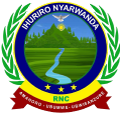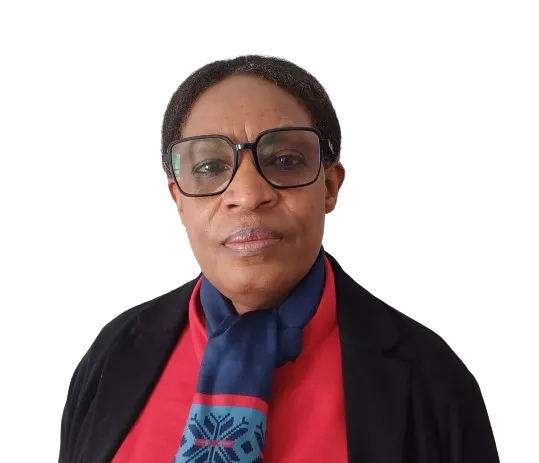All human beings are entitled to an inherent right to live in peace and freedom and to the fair use of, and access to, the resources with which their nations are endowed for the promotion of the well being of all citizens of that nation.
Rwandan politics and need for Profound Political Reform
II. Rwandan politics and need for Profound Political Reform Rwanda is landlocked and hilly country with a high density of human
settlement. Though linguistically and culturally homogeneous, the population of Rwanda is consisted among others of two large groups, The Hutus and the Tutsis. During the colonial period Rwanda formed part of the German East Africa and later Belgian ruled until Rwanda become independent in 1962.
The war was brought to an end by the RPF’s Military Victory
The war was brought to an end by the RPF’s military victory, which, upon assuming control of government in 1994, promised to re-launch the process of transition to democracy. Regrettably, the promised transition to democracy has failed to materialize. On the contrary, Rwanda is now far less free than it was prior to the outbreak of the genocide. President Paul Kagame has converted both the RPF and the Rwandese Patriotic Army – now the Rwanda Defense Forces (RDF) – into instruments for sustaining his personal and
absolute control of the state. Indeed, due to President Kagame’s maneuvering, the entire political system, despite the false and misleading appearance of a multi-party democracy, does not, in fact or deed, provide any real or meaningful opportunity for political participation or political opposition.
Rwanda’s government lacks popular legitimacy.
As a result of the limitations that the RPF imposes on the right of other political forces to organize and advocate their policies freely, Rwanda’s government lacks popular legitimacy. The government’s failure to be embraced and supported by its citizens has implications for peace and stability, particularly since the current government is not only repressive, but it is also perceived as a minority regime led by Tutsis at the expense of Hutus, who represent the majority ethnic group in our nation. In reality, the state is controlled by a small group of military officers and a few civilians who do not represent or enjoy the support of the Tutsi community.

